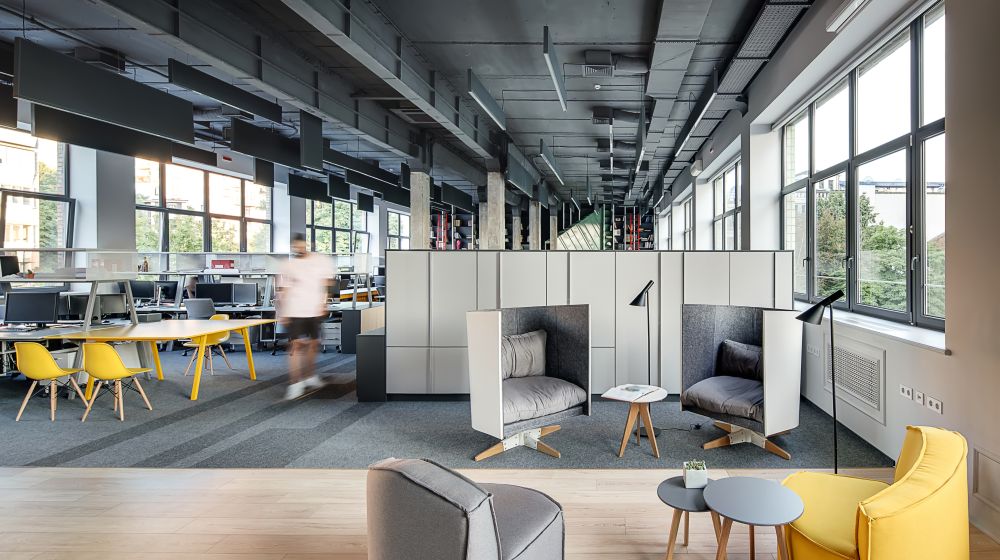Facility resilience, particularly in the context of managing services, is a critical aspect that organizations must prioritize to navigate the ever-evolving landscape of business dynamics and societal changes. In an era marked by rapid technological advancements, shifting demographics, and unforeseen global events, the ability of facilities and their management services to adapt to change has become synonymous with long-term success. Resilience, in this context, transcends mere survival; it encapsulates the capacity to thrive and excel in the face of uncertainty. The cornerstone of facility resilience lies in its ability to anticipate, prepare for, respond to, and recover from disruptions. A robust management strategy recognizes the need for flexibility in the face of unforeseen challenges. This involves not only having contingency plans in place but also fostering a culture that values innovation and embraces change. Traditional models of facility management are giving way to more agile and adaptive approaches that are responsive to the dynamic nature of today’s business environment. This shift is not just about reacting to crises; it is about proactively identifying potential disruptions and building in the capacity to absorb shocks.
One key element of building facility resilience is the integration of technology into management services. Smart buildings equipped with advanced sensors and data analytics provide real-time insights into facility performance, enabling preemptive identification of issues and optimization of resources. This data-driven approach empowers facility managers to make informed decisions and adapt strategies swiftly. Additionally, automation plays a pivotal role in enhancing resilience by streamlining routine tasks, reducing the risk of human error, and allowing staff to focus on more complex and strategic aspects of facility management. Resilience is also closely tied to the human factor. A workforce that is adaptable, well-trained, and empowered is an invaluable asset in the pursuit of facility resilience. Training programs that simulate crisis scenarios can prepare staff for unexpected challenges, fostering a mindset of agility and quick decision-making. Furthermore, effective communication channels and collaboration platforms are essential for maintaining cohesion during times of change. Engaging employees in the process of adaptation ensures a collective response that is both agile and effective.
In a world where sustainability is a growing concern, resilient facilities are increasingly incorporating eco-friendly practices into their management services visit the page for more reference https://www.bakusolutions.com/services/facility-management/. This involves not only minimizing the environmental impact of operations but also building infrastructures that can withstand the consequences of climate change. Sustainable practices contribute to long-term resilience by aligning facilities with broader societal expectations and regulatory requirements. In conclusion, facility resilience in the realm of management services is a multifaceted undertaking that demands a holistic approach. From embracing technological innovations and automation to nurturing a resilient workforce and integrating sustainability into operations, the path to adaptability is diverse. By recognizing change as a constant and embedding adaptability into the core of facility management, organizations can ensure not only survival but also sustainable growth in an ever-changing landscape.

